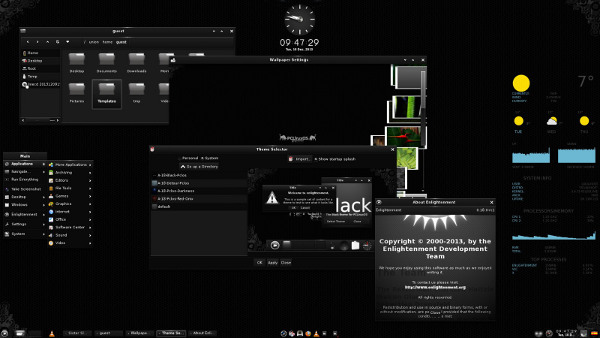Kremlin to step up monitoring of its online detractors
Friday’s Le Monde reports that Russian State security agency the FSO is going to step up its surveillance of bloggers and others who are critical of the Russian government.
 While Russian state security agencies already have surveillance systems in use, the administration has decided “to entrust this part of the work to professional computer specialists“.
While Russian state security agencies already have surveillance systems in use, the administration has decided “to entrust this part of the work to professional computer specialists“.
Quoting Izvestia, Le Monde states that an invitation to tender with a maximum budget of 31.8 mn. roubles (€700,000) has been issued for the procurement of a centralised data collection system for data published on the internet.
The subject of the invitation to tender is the creation of a system comprising a database of citizens who have a “negative” opinion of the government and the provision of a daily summary of publications concerning the president, his administration, the prime minister or even the opposition. The procurement of this system is reportedly not a case of “turning up the heat” by the authorities, but more enabling them to anticipate some events by the early detection of protests being organised (a likely story. Ed.)

 In a case brought by civil liberties campaigners, a Brooklyn court has ruled that US Customs officers do not need to suspect a crime to examine travellers’ computer equipment at borders,
In a case brought by civil liberties campaigners, a Brooklyn court has ruled that US Customs officers do not need to suspect a crime to examine travellers’ computer equipment at borders, 

